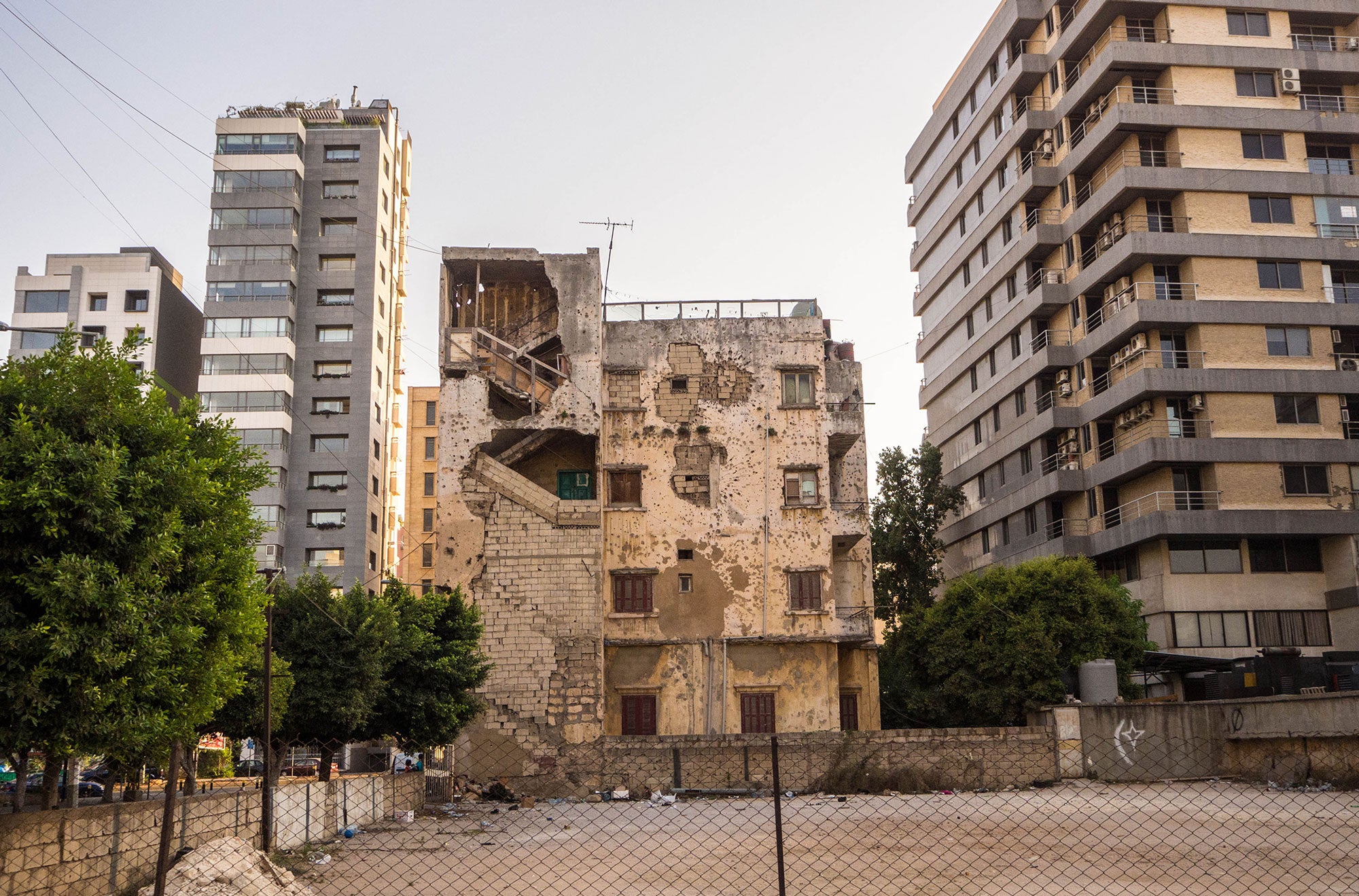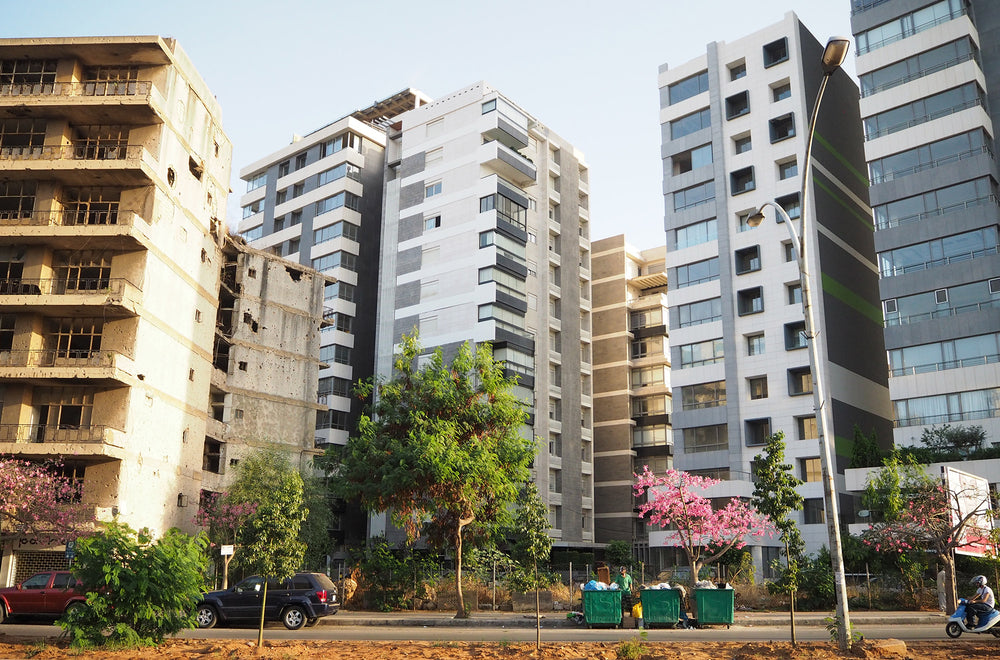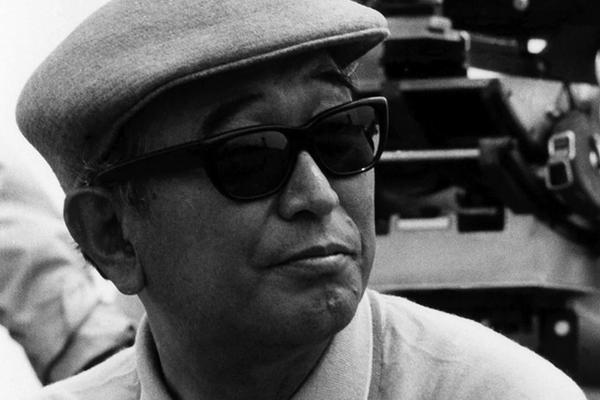You visit Beirut every summer growing up. You know it is important, but you’re not sure why. It’s colourful and dirty and busy. It’s smaller than other cities but also vast and you never really see the same street twice from the car window. You move to Beirut as a teenager and start putting the pieces of the puzzle together. Your grandfather’s house is the centre and your best friend’s house is the North Star. You trace circles and zigzags through the city using these two points to guide you. Public transportation and long walks mean that the city is yours. Invisible divisions mean that you never really got to know the city.







You leave Beirut without knowing what it is you’re trying to get away from. You miss the smells but not the claustrophobia. Some people don’t even know where Beirut is. Some people know Beirut the band. Beirut the city isn’t relevant, you realise.
You still visit at least once a year. You learn what you love about it. You learn what you hate about it. You find that you hate many many more things about it, but the love you have is stronger than all the hate. Shawarma tastes better here than anywhere else on earth. Your friends sing songs about dancing, drinking tea, camaraderie, and reaching for the sun.



You realise there are two Beiruts. No, not the city and the band. The city on the Mediterranean and the city in your mind. You visit the one in your mind often, and the one on the Mediterranean annually. You calibrate. Why is the light so rusty? Why is the musk so meaty? Why is the conversation so gritty? The city runs on sarcasm.
You live your non-Beirut life, then you leave it for a life in Beirut. You finally start to understand what the city could be. The concrete swims around you. The coffee is your foundation. The burning rubber smell never really goes away, no matter how many cigarettes are smoked. You love what the city could be. You hate what it has become. You can never really tell the difference.



